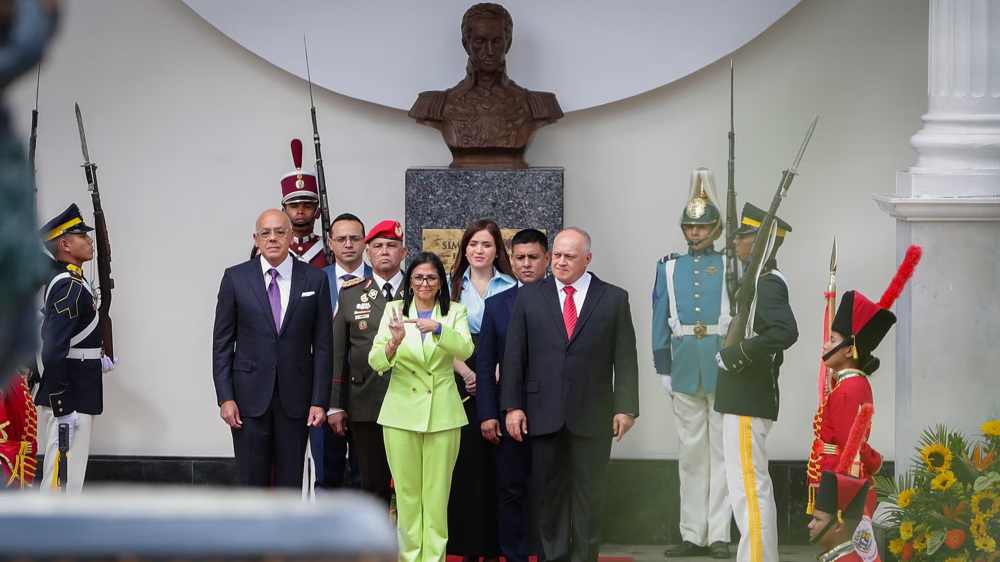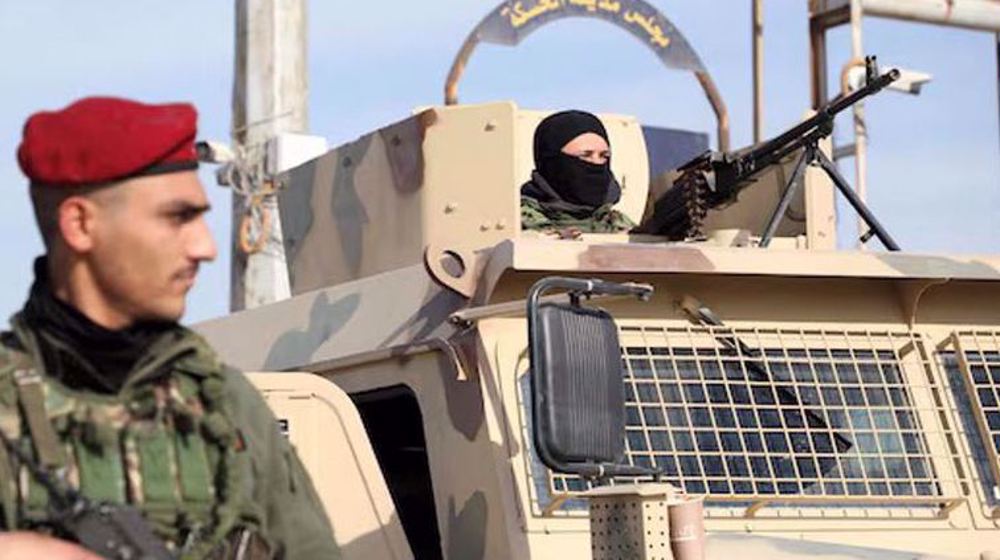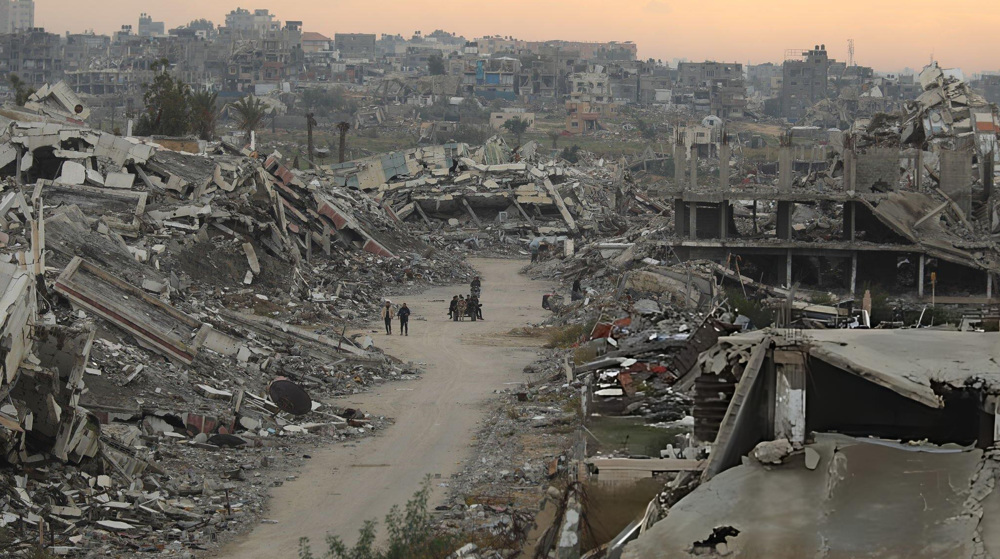Obama, Putin discuss 'partial troop withdrawal' from Syria
US President Barack Obama and his Russian counterpart Vladimir Putin have discussed Russia's partial planned troop withdrawal from Syria, the White House says.
"They discussed President Putin's announcement today of a partial withdrawal of Russian forces from Syria and next steps required to fully implement the cessation of hostilities," the White House said in a statement on Monday.
The statement came only hours after Putin announced to withdraw "the main part" of his country’s military contingent deployed to Syria.
"At this point, we are going to see how things play out over the next few days," a senior US administration official told AFP, offering a cautious initial assessment of the Russian leader’s decision.
Since March 2011, the US and its regional allies, in particular Saudi Arabia, Qatar and Turkey, have been conducting a proxy war against Syria. The conflict has left somewhere between 270,000 to 470,000 Syrians dead and half of the country’s population displaced.
In September 2014, the US and some of its allies started conducting airstrikes inside Syria against Daesh terrorists, many of whom were initially trained by the CIA to fight against the Syrian government. However, observers say the attacks did little damage to the terrorists; rather, they targeted the country’s infrastructure.
In September of last year, Russia launched its own air offensive against the terrorists in Syria followed by a significant troop deployment.
The Russian campaign, analysts say, has broken the backbone of ISIL and other militants, and has provided the government of President Bashar al-Assad an opportunity to defeat the foreign-sponsored terrorist onslaught.
According to Western media, President Putin's announcement of the Russian military withdrawal in Syria appears timed to influence the outcome of ongoing peace talks in Geneva which include a demand by the US and its allies that Assad give up the Syrian presidency.
The Syrian government has ruled out any discussion of the fate of the presidency at peace talks, which resumed in Geneva on Monday, a month after they were suspended amid an upsurge in violence in Syria.

Syrian Foreign Minister Walid al-Muallem warned on Saturday the talks would fail if the foreign-backed opposition groups had "delusions that they will take power in Geneva that they failed to take in battle.”
"We will not talk to anyone who talks about the position of the presidency ... I advise them that if this is their thinking, they shouldn't come to the talks,” Muallem told a televised news conference.
In his remarks, Obama said a recent "cessation of hostilities" has led to a "much-needed reduction in violence," but added, "A political transition is required to end the violence in Syria."
The White House cited Obama as saying, "Continuing offensive actions by Syrian regime forces risk undermining both the Cessation of Hostilities and the UN-led political process.”
"The president also noted some progress on humanitarian assistance efforts in Syria, but emphasized the need for regime forces to allow unimpeded access for humanitarian assistance delivery to the agreed-upon locations, notably Daraya," the White House said.
VIDEO | Protesters rally in Greenland against Trump annexation threat
US ‘fueling tensions’: Iran dismissed claim of planning attacks on American bases
Venezuela has right to build relations with Iran: Interim president
Six Palestinians injured in Israeli settler attacks in West Bank
EU, Mercosur sign international trade deal sending ‘clear signal’ to Trump
VIDEO | Mosque, community center targeted in Tehran arson attacks
VIDEO | Paris protesters call for release of Palestinian abductees
VIDEO | Protesters in Baghdad stand with Iran, reject foreign violence












 This makes it easy to access the Press TV website
This makes it easy to access the Press TV website